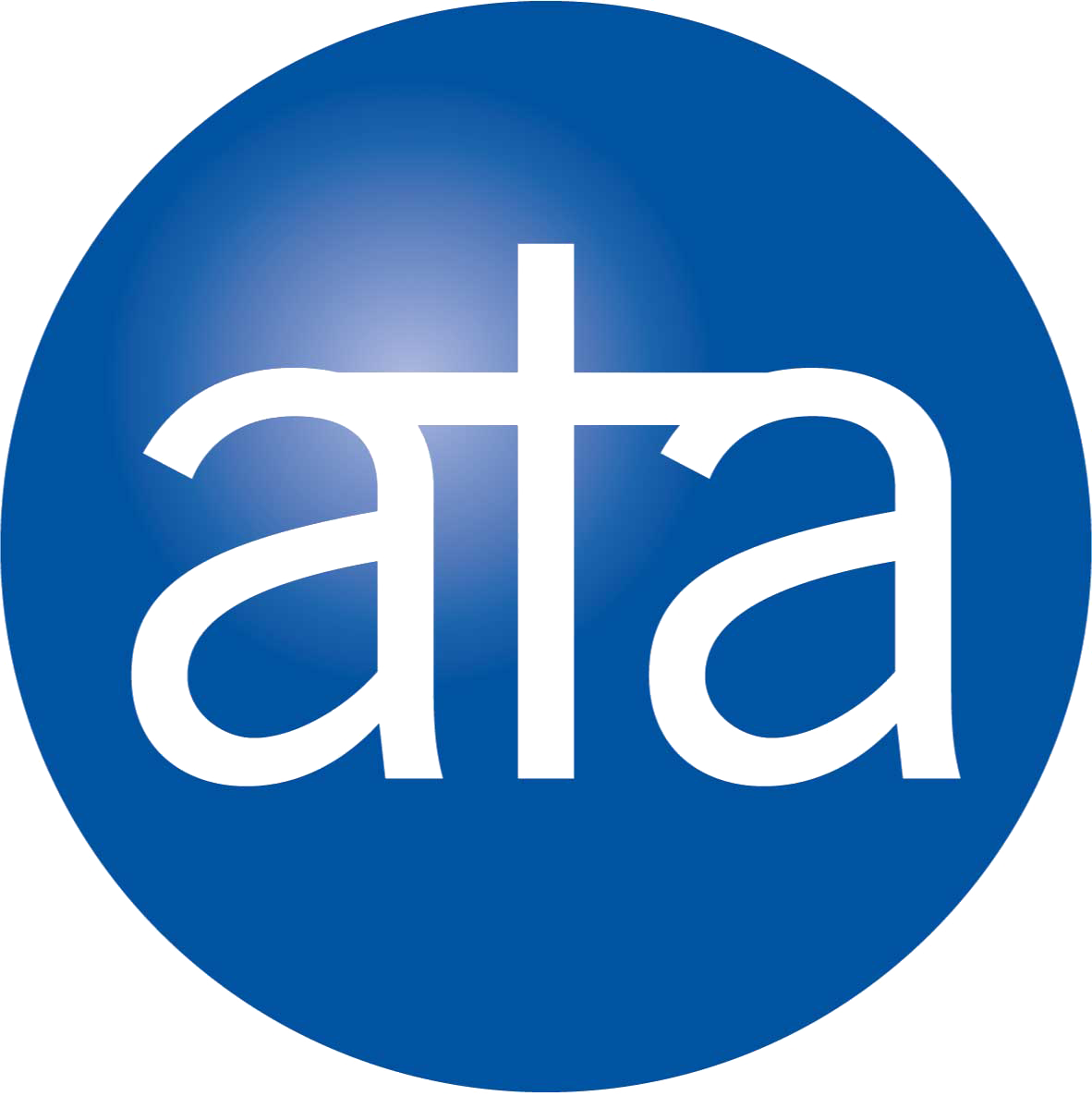How a COO can help your company scale

CEOs often ask whether they should recruit a Chief Operating Officer (COO) to help accelerate growth and scale their business? Typically they've identified a significant market opportunity but are struggling to get the right processes and people in place to take advantage of it.
At best we’ve seen COOs of client companies act like potent partners to the CEO; at worst the COO role has caused confusion and frustration. It's not easy to get the right fit. Here are some experience based observations that may help:
1. Company & CEO stage is crucial
There comes a time on the journey to building a business when the market potential outstrips the CEOs/senior teams ability to execute plans quickly enough. When international sales are accelerating, headcount is increasing and complexity is growing, the senior team are often spending more and more time in crisis mode.
Crunch points on the path to scale affect company alignment. The sales team scream they could sell more, yet the delivery team is struggling. New markets open up but it's difficult to get new hires up to speed.
A strongly outward facing CEO needs the balance of a COO to ensure delivery execution. Identifying the CEOs key capability gaps and hiring a COO whose skillset complements these, is a good place to start.
Be mindful to choose a COO that will fit into your company. A COO who ran a multinational team of 5000 globally may not adapt easily to a fast growing founder led company of 250-500 people.
2. It’s all about chemistry between CEO & COO
Hiring a COO can create internal issues. Suddenly people on your team may no longer be reporting to the CEO. This may feel like a demotion and it's important to figure out how to ease the transition.
Your new COO may be concerned about being bypassed, as your team continue to go to you on key issues. You may want to jump straight in as you have always done but you will need to take a step back. Your team will test you and the COO to see who the real decision maker is. It’s key to build the right relationship with your COO and be clear with everyone regarding decision rights.
Many CEOs have big egos. To balance this, the COO needs to check their ego at the door. The COOs job is to make the CEO successful. They can act as a counter balance to the CEO. This can be complicated if your COO is a potential successor, however, ensuring aspirations are clear on all sides can help.
Strong chemistry between a CEO and COO is important. It can be grounded in similar deeply held values about people and business. Whilst this personal chemistry may seem almost natural in the courting days, it will be tested along the way.
3. Be clear about the role of the COO
Many functions have clearly defined responsibilities, however, COO is different. The role is more situation dependent but some guiding principles still apply:
- Think about the areas of your business that you are finding most difficult to scale
- Think about how a COO could accelerate this e.g. a client of ours was struggling to recruit software development resources - a new ‘scale up’ COO implemented a few changes within weeks to accelerate the hiring process
With differing COO roles, it helps to have a high level picture of the key business impact their role could have - this can be broadly categorised as:
- The Implementer: this COO excels at simplifying complexity with good process and minimum fuss - they are great implementers and great people leaders.
- The Transformer: when a company faces a massive opportunity or potential disruption, this big change requires a major shift in capability, mindset and approach.
- The Complementor: at times a CEO needs the complementary skills of a COO to fill gaps and enable the CEO focus on what he/she is good at. In other instances, a COO may take on internal delivery to balance the CEOs outward focus.
Recruiting a COO can in some instances literally transform growth and help a company scale. Key to this is a robust recruitment process, strong personal chemistry with the CEO, complementary skills and a strong track record in delivery.
Insight in Brief
Hiring a COO can be the best decision a CEO makes as they try to scale their business. However it's not easy to get right. Personal chemistry, identifying CEO capability gaps, sourcing the right COO with complementary skills and defining the COOs role and boundaries can help reduce the risks and contribute to a successful hire.
Insight in Action
- Reflect on what stage of the journey your company is on. What may be holding growth back?
- Define the top three growth inhibitors and reflect on whether these capabilities can be built from within or whether a COO is needed.
- Document in detail the COO role spec. and work with your team to create a profile of the ideal candidate.
- Speak to a wide pool of candidates and check hard for personal chemistry as well as track record in delivery.


























